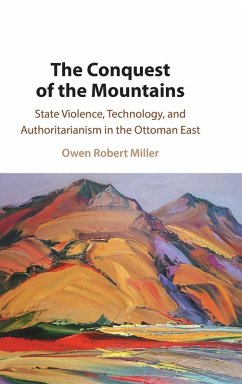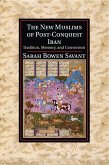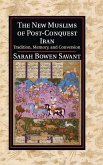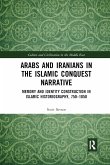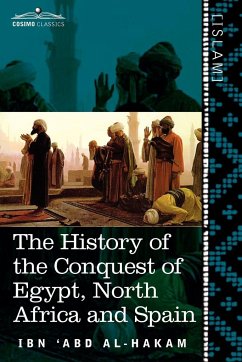In the late summer of 1894, Sultan Abdülhamid II ordered several battalions of Ottoman soldiers to destroy Armenian 'bandits' operating in the remote mountains of Sasun. Over a three-week period, these soldiers systematically murdered men, women, and children, beginning a chain of events which led directly to the Hamidian massacres of 1895 to 1897 and prefigured many of the patterns of the Medz Yeghern (Great Crime) of 1915-1917. Taking a microhistorical approach, Owen Robert Miller examines how the Ottoman State harnessed three nascent technologies (modern firearms, steamboats, and telegraphs) to centralize authority and envisage new methods of conquest. Alongside developing an understanding of how the violence took place, this study explores how competing narratives of the massacre unfolded and were both disseminated and repressed. Emphasizing the pivotal significance of geography and new technologies, The Conquest of the Mountains reveals how the tragic history of these massacres underscores the development of Ottoman State authoritarianism.
Bitte wählen Sie Ihr Anliegen aus.
Rechnungen
Retourenschein anfordern
Bestellstatus
Storno

